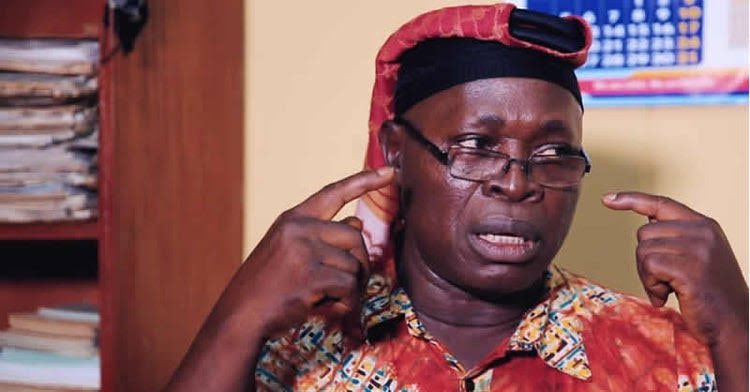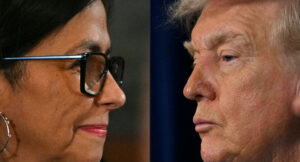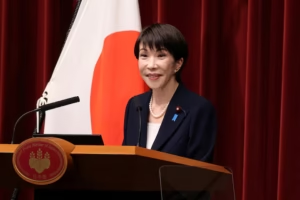
Llewelyn-Jones accused Fani-Kayode of making inciting statements before and after the general elections in Nigeria.
The Muslim Rights Concern has declared its support for a chieftain of the All Progressives Congress APC, Femi Fani-Kayode, following his reaction to a recent statement made by the British Deputy High Commissioner to Nigeria, Ben Llewelyn-Jones.
Llewelyn-Jones accused Fani-Kayode of making inciting statements before and after the general elections in Nigeria.
Earlier, the United Kingdom said it was compiling the names of people who displayed anti-democratic behaviours during the elections, threatening sanctions, including visa bans against them.
The UK said no fewer than 10 individuals were on its watchlist following the violence that characterised the 2023 general elections in Nigeria.
During an interview with Nigeria Info FM on Sunday, Llewellyn-Jones faulted Fani-Kayode for his recent comments considered to be inciting.
In one of his tweets, the former aviation minister said the greatest lesson of the 2023 presidential election “is that God will NEVER allow a practising sodomite and his repugnant retinue of perverts, pimps, fraudsters, court jesters, degenerates, monkeys, slaves and malefactors to lead Nigeria”.
The British Deputy High Commissioner to Nigeria accused Fani-Kayode of making derogatory remarks.
However, a faith-based organisation, the Muslim Rights Concern (MURIC) alleged that Llewellyn-Jones singled out Fani-Kayode for uncomplimentary comments.
The group which spoke through its Executive Director, Professor Ishaq Akintola, on Tuesday, noted that the British envoy breached diplomatic decorum by mentioning Fani-Kayode’s name in that manner.
The statement reads in parts, “The British Deputy High Commissioner to Nigeria, Mr. Ben Llewellyn-Jones, yesterday accused Chief Fani Kayode of making derogatory remarks. The latter has reacted by accusing the diplomat of interfering in the internal politics of Nigeria.
“Llewellyn-Jones was quoted as saying, ‘Yes, let’s be specific, there were some people, like Femi Fani-Kayode, what is he saying and why is he saying it? I don’t understand.’
“We are of the opinion that Mr. Llewellyn-Jones failed to look at the big picture. He assessed the situation from very narrow confines and singled out Fani-Kayode for uncomplimentary name-dropping. He can do better than that. The Briton definitely breached diplomatic decorum by mentioning Fani-Kayode’s name in that manner. It is not done.
“The diplomat would have found dozens of politicians who used worse words before and during the 2023 general elections. By the way, as the spokesperson for a ruling party whose opponents were firing from all cylinders, a ruling party that was facing verbal halitosis and receiving vitriolic and odoriferous diatribes, Fani-Kayode would be failing in his duties if he had kept mum.
“To that extent, therefore, what the diplomat had done with his unsolicited intervention amounts to holding the hands of one person while his adversary continues to rain blows on him. What Llewellyn-Jones should have done was to generalize without mentioning names.
“Mr. Llewellyn-Jones exposed the contradictions in his approach when he revealed that British diplomatic laws prevented him from mentioning the names of those five to ten people who have been placed on visa ban. He said, ‘We have a list, we are working through our list but we don’t publish those names. I know people say we should, but we have laws, and the law prevents us from doing that.’”
“The question is why did he mention Fani-Kayode’s name if the law prevents it? James Cleverly, the British Foreign Secretary should be interested in this angle,” the statement added.








